By Abubakar Jimoh
 With the complexity of global security threats and the intensity of intra-state conflicts in the West African region, it has become imperative for the regional governments to devise holistic approach to security management.
With the complexity of global security threats and the intensity of intra-state conflicts in the West African region, it has become imperative for the regional governments to devise holistic approach to security management.
While violent conflicts are reportedly declining in the sub-region, a recent report by International Journal of Security & Development disclosed that the recent insurgencies in the Sahel region affecting the West African countries of Mali, Niger and Mauritania and low intensity conflicts surging within notably stable countries such as Ghana, Nigeria and Senegal sends alarming signals of the possible re-surfacing of internal and regional violent conflicts.
In recent times, the global manifestation of terrorism and insurgency have become evident in Nigeria, where the absolute responsibility of the Nigerian government to grant security to the citizens has been challenged by such threats to security as international terrorism, state failure, and corruption, calling for holistic and dynamic measures to address the situations.
As recommends in the United Nations Resolution on Global Counter-Terrorism Strategy, countries must take appropriate measures to refrain from organizing, instigating, facilitating, participating in, financing, encouraging or tolerating terrorist activities and to take practical measures to ensure their respective territories are not used for terrorist installations or training camps, or for the preparation or organization of terrorist acts intended to be committed against other States or their citizens.
Given the intensity of recurring attacks, relevant authorities in the country must continue to arrange for initiatives and programmes to promote dialogue, tolerance and understanding among civilizations, cultures, peoples and religions, and to promote mutual respect for and prevent the defamation of religions, religious values, beliefs and cultures. Of such dialogues and initiatives is the on-going constructive interface between Nigerian security agencies and Civil Society Legislative Advocacy Centre (CISLAC) under the aegis of Peace and Security Forum. The Forum has hitherto paved way for regular meetings on issues bothering the nation’s security. It has further stepped down its approach to advocacy through regular peace and security meetings with traditional rulers, community and religious leaders to promote peaceful coexistence, sustainable peace and security at all levels.
Appreciable effort must be made to promote a culture of peace, justice and human development, ethnic, national and religious tolerance, and respect for all religions, religious values, beliefs or cultures by establishing and encouraging, as appropriate, education and public awareness programmes involving all sectors of society. In this case, the security agents must shun all manners of extra-judicial killings, human rights abuses, and apparent disproportionate response to socio-religious gatherings as experienced in recent times. This must be promptly addressed to avert unwary sensation that can warrant further outbreaks of insurgency.
The country must adopt peace, justice with strong institutions as enshrined under Goal 16 of Sustainable Development Goals (SDGs) to promote peaceful and inclusive societies for sustainable development. Governments at all levels must provide access to justice for all and build effective, accountable and inclusive systems to address ethno-religious attacks by bringing perpetrators to justice. This will re-install citizens’ confidence in governance and judicial system.
It is no more news that Nigerians have continued to suffer from widespread poverty, low economic output in both private and public sector attributable to corruption, inefficiency, erratic power supply, unrealistic policies, and infrastructure decay. These among other factors informed the recent report by the International Monetary Fund, (IMF), warning that unless Nigeria’s government takes urgent steps to curtail the on-going economic decline, there could be a worsening of unemployment and widespread poverty in the country.
Meanwhile, the alarming rate of youth unemployment has become a dire socio-economic issue for a developing nation like Nigeria. It would be recalled that in May 2016, a report by Nigerian Bureau of Statistics (NBS) had revealed unfavourable statistics, stating that 1.5 million Nigerians became unemployed in the first quarter of the year. Another report by the Bureau showed that as at the second quarter of the 2016, a total of 4.58 million Nigerians were unemployed. As crime in varying degrees affects policies and development of the country, it becomes imperative for the nation to strive towards development by reducing the frequency of crime to the barest minimum through sustainable effort by both executive and legislative arms to eradicate poverty and promote sustained economic growth and development.
All levels of government must pursue and reinforce development and social inclusion agendas at every level as goals in themselves, as these are paramount to reduce youth unemployment, marginalization and the subsequent sense of victimization that fuels extremism and the recruitment of terrorists. A report by the Guardian Newspapers, United Kingdom, has attributed the root insurgencies in the country to the increasing sense of marginalisation on the part of some communities.
Similarly, collective rehabilitation and reintegration efforts must be taken by the governments to put in place, national systems of assistance that would promote the needs of victims of terrorism and their families and facilitate the normalization of their lives. The on-going initiative by the Nigerian Government to rehabilitate and reintegrate victims of violence attacks in North East through exhaustive consultation with Civil Society and relevant stakeholders is indeed a commendable development.
Abubakar Jimoh is the Head of Communications at Civil Society Legislative Advocacy Centre (CISLAC) Abuja, Email: abujimoh01@gmail.com
 Nigeria’s Minister of Budget and National Planning, Udoma Udo Udoma, has called for team work among critical stakeholders to ensure speedy recovery and growth of the Nigerian economy.
Nigeria’s Minister of Budget and National Planning, Udoma Udo Udoma, has called for team work among critical stakeholders to ensure speedy recovery and growth of the Nigerian economy.
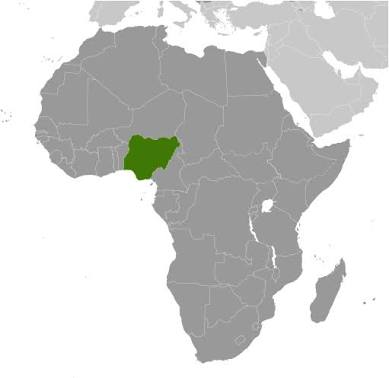
 With the complexity of global security threats and the intensity of intra-state conflicts in the West African region, it has become imperative for the regional governments to devise holistic approach to security management.
With the complexity of global security threats and the intensity of intra-state conflicts in the West African region, it has become imperative for the regional governments to devise holistic approach to security management.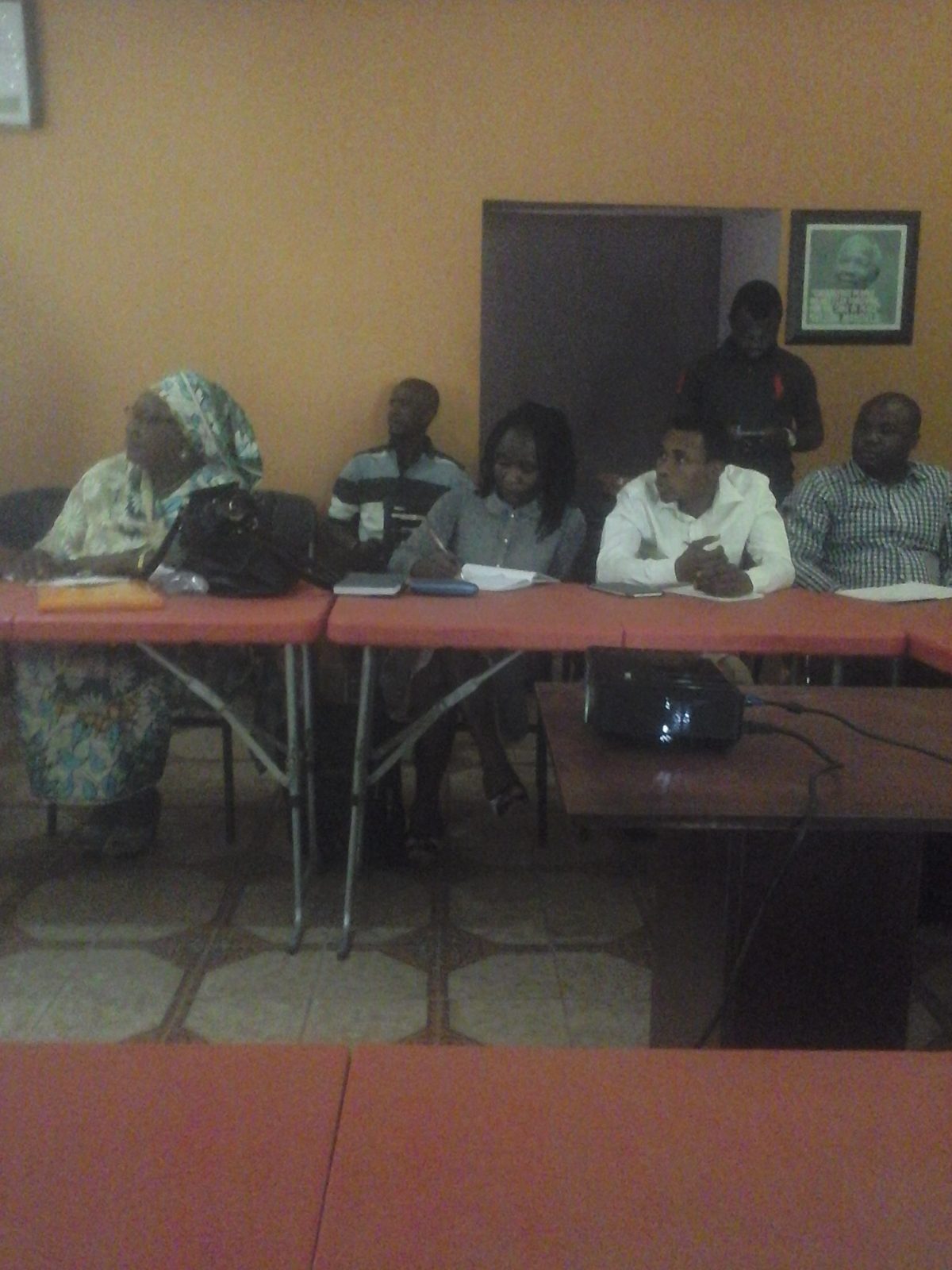
 Kaduna State government, Northern part of Nigeria, has set out machineries to enhance community participation in government programmes meant to ensure rural development.
Kaduna State government, Northern part of Nigeria, has set out machineries to enhance community participation in government programmes meant to ensure rural development.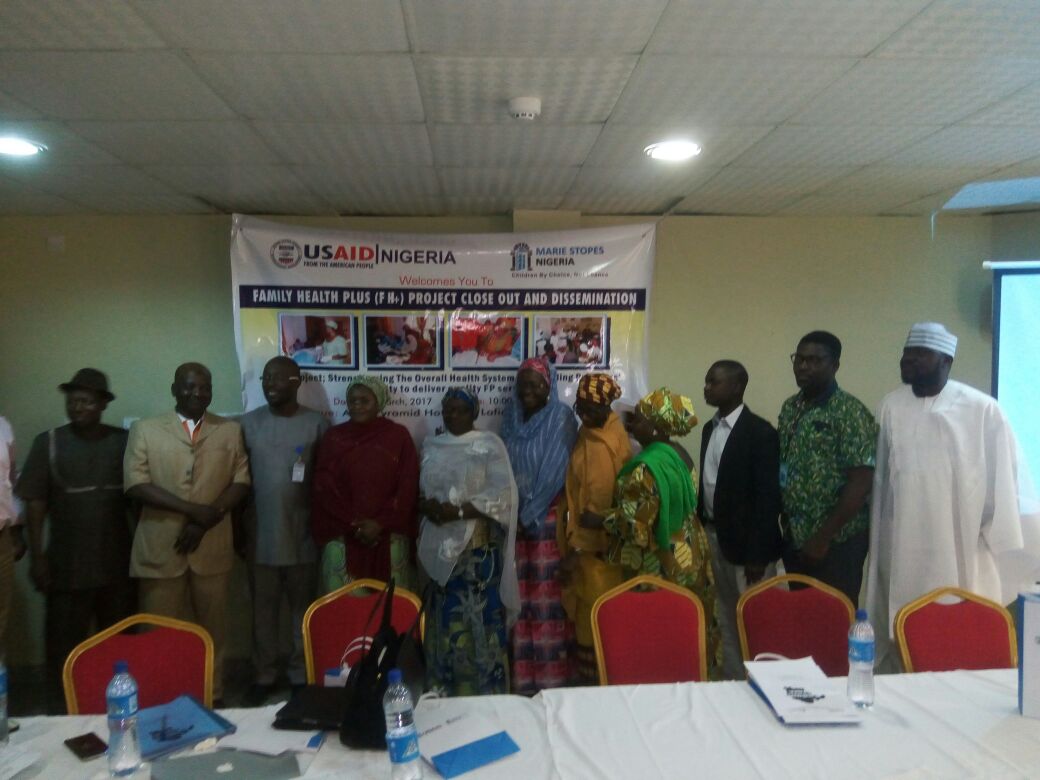

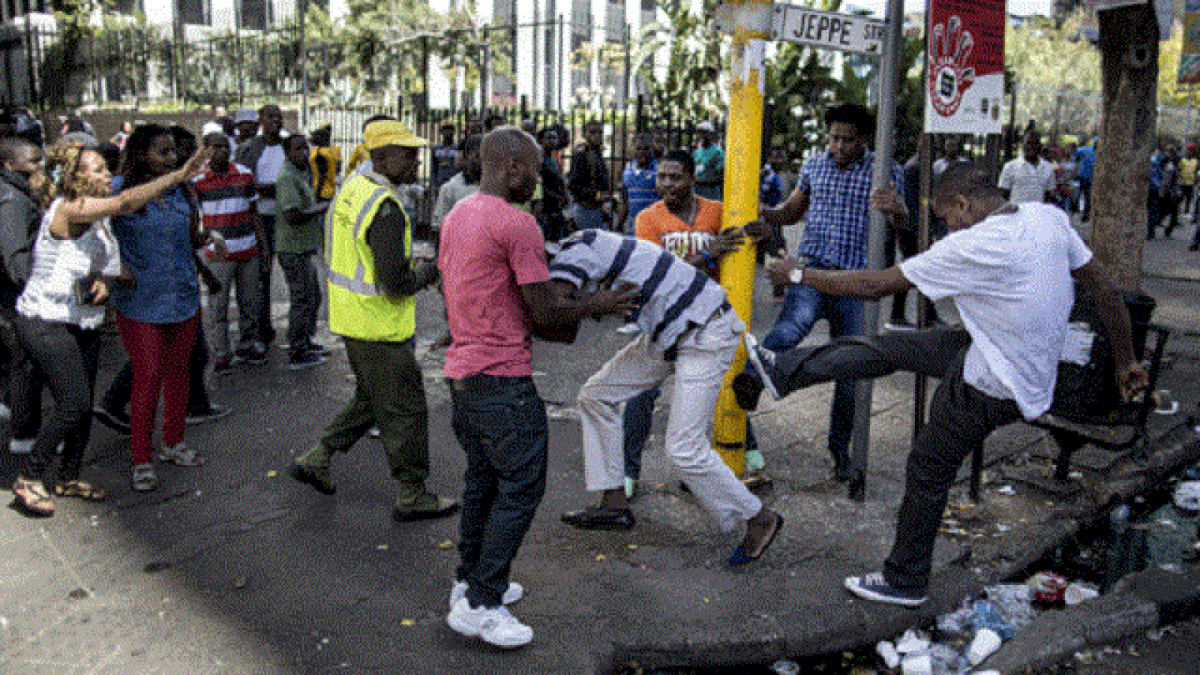
 The Nigerian government on Thursday called on the South African Government to put in place necessary measures to forestall attacks on Nigerians in their country.
The Nigerian government on Thursday called on the South African Government to put in place necessary measures to forestall attacks on Nigerians in their country.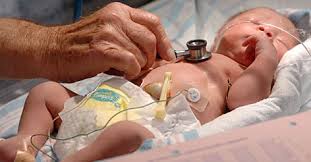
 Nigeria is one of the countries in Africa with highest number of newborn deaths, official said.
Nigeria is one of the countries in Africa with highest number of newborn deaths, official said.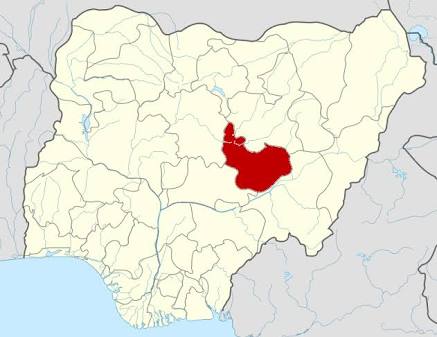
 Jos (Nigeria) — A non governmental organisation, aimed at empowering women with disabilities through access to education, quality health care and skill acquisition have conducted a training on catering, tailoring, soap making and beads making among others, to 100 people from its target group.
Jos (Nigeria) — A non governmental organisation, aimed at empowering women with disabilities through access to education, quality health care and skill acquisition have conducted a training on catering, tailoring, soap making and beads making among others, to 100 people from its target group.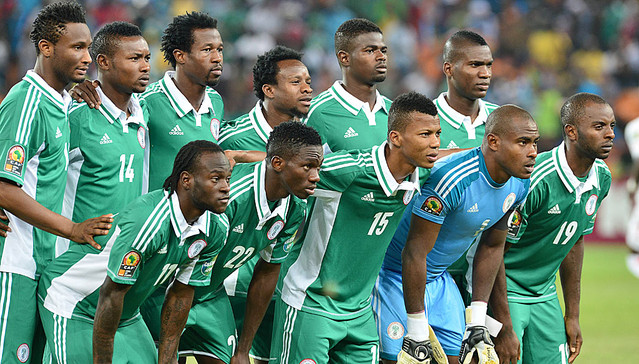
 Nigeria’s Super Eagles have moved four places up in the October world football rankings released by FIFA on Thursday.
Nigeria’s Super Eagles have moved four places up in the October world football rankings released by FIFA on Thursday.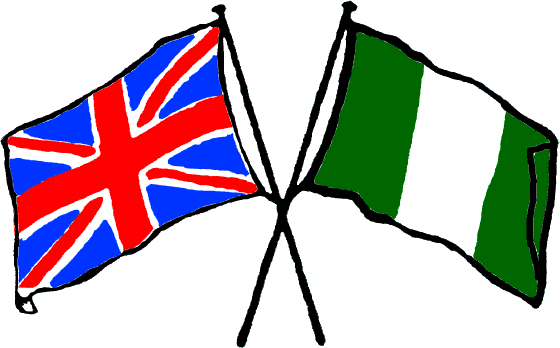
 The governments of United States of America and Nigeria have exchanged views on the ongoing efforts to engage in dialogue with Niger Delta militants and sought an immediate and peaceful resolution to the conflict.
The governments of United States of America and Nigeria have exchanged views on the ongoing efforts to engage in dialogue with Niger Delta militants and sought an immediate and peaceful resolution to the conflict.